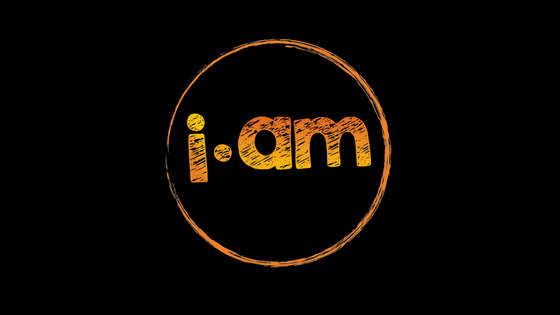The United Nations Population Fund (UNFPA) has launched the second edition of the sexual and reproductive health competition I AM 2.0, which seeks to reward and nurture businesses that address sexual reproductive health challenges with the competition winner set to receive a sh 3 million grant prize.
The contest, seeks to address poor sexual reproductive health outcomes particularly among young girls and women by investing $10,000 (approximately Ksh1 million) each in three existing businesses that are already addressing matters pertaining to sexual reproductive health. The businesses could be offering a product or service and may use the challenge to scale up. UNFPA is rolling out this competition in partnership with Graça Machel Trust, Global Fund for women and Nairobi Incubation Lab (NAILAB).
According to the Kenya Demographic and Health Report 2014, 47% of girls and 57% of boys aged between 20 to 24 years have had their first sexual experience by age 18. Furthermore, one in every five teenage girls between 15-19 years are either pregnant or have given birth. Real time data from the District Health Information System (DHIS) also paints a grim picture with an estimated 378,497 adolescent girls between the ages of 10 to 19 years presenting with teenage pregnancy in health facilities across 47 counties, between July 2016 and June 2017.

“The reason we are focusing on existing businesses founded and led by women is to promote women in entrepreneurship as well as ensure that products and services designed for women by women are utilized by their female target segment as well as appreciated by investors. Furthermore, the increased existence of female role models should promote positive self-image and give women safe places to discuss their sexual health and allow them to make more informed choices,”
said Andia Chakava, Investment Director, at the Graça Machel Trust.
The target participants are Kenyan entrepreneurs between 18 to 35 years. A selection panel comprising of partners will shortlist and train 10 entrepreneurs who will then take part in the iAccelerator training program run by Nailab. The training will encompass aspects like how to scale their businesses, facilitating increased access and female uptake of their products. Eventually, three winning businesses will receive Sh1 million each. The seed funding will be disbursed periodically based on the achievement of set milestones by the start-ups.
“The sustainable development goals emphasize the need to leave no one behind. Many young people, especially young girls, have however remained vulnerable to several sexual reproductive health risks due to inadequate access to life saving information and services. Changing this narrative therefore calls for the adoption of innovative approaches that respond to the modern day realities.This campaign will therefore support entrepreneurs, more so women, with exciting innovations around sexual reproductive health,”
said Dr. Ademola Olajide, UNFPA Country Representative.
More than 100 applicants registered for I AM 1.0 in 2016 with four being selected as finalists. These were Sophie Bot, an artificial intelligent system for information on sexual health; Fluid, a mobile game based on sexuality and sexual reproductive health, Deaf Elimu Plus, an app that provides Sexual Reproductive Health information to deaf users and Imara TV, an online system that crowd-sources youth-generated video content on Sexual Reproductive Health. Each of the four innovators were awarded USD10,000 (Sh 1 million) as seed funding to refine and market their solutions after undergoing a rigorous mentorship programme.
“We have seen tremendous growth with the initiative’s pioneer solutions providing information to over 1.6 million young people on sexual reproductive health, through different means. This is just a drop in the ocean with a population of 28.7 million Kenyans being under 30. This year’s emphasis on women and girls is aimed at helping us to not only increase uptake and engagement from women and girls but also ensuring that we are deliberate in guaranteeing that women and girls are involved and invested in defining the outcomes we want to see as pertains sexual reproductive health,”
said Sam Gichuru Nailab CEO



